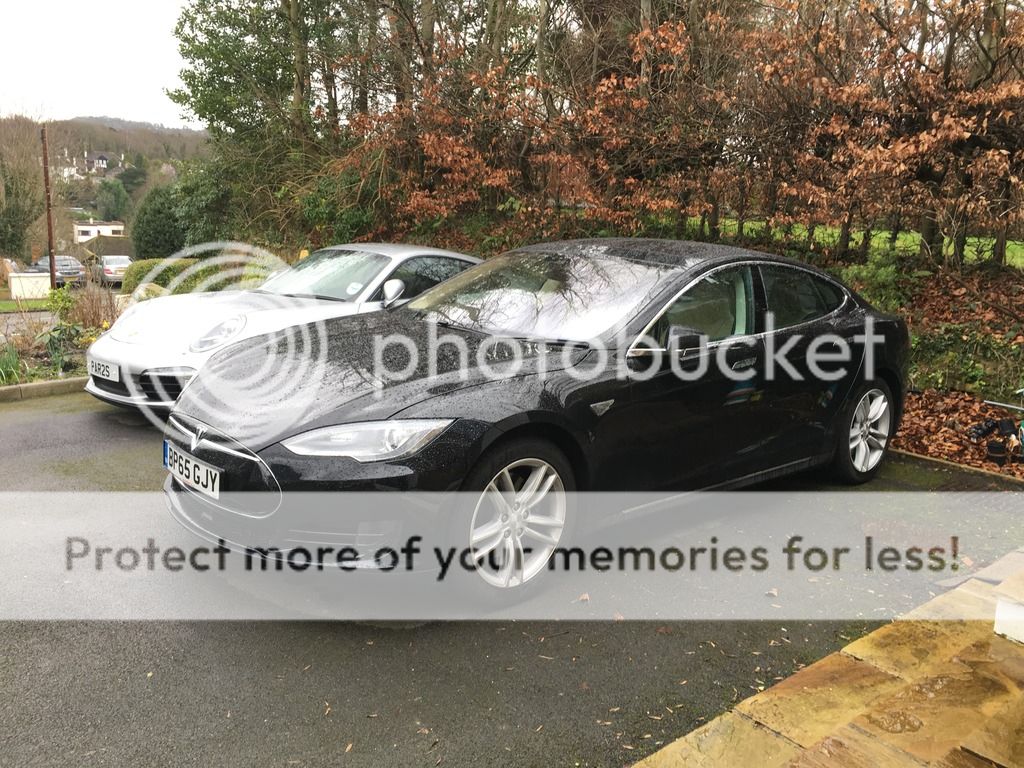Indeed. That's largely what the Super Credits have paid for - the massive amounts of infrastructure needed to support an EV-focused automotive business.
To put things in perspective, Ecotricity's Rapid Chargers are 43kW. A Tesla Supercharger runs up to 120kW. With the Supercharger, Tesla can take an 85kWh battery to 80% in about 20 minutes. That's about the same time a Leaf or Zoe RC takes to hit 80% on a 43kW Rapid Charger, but they only have 22kW batteries. A 20 minute charge buys a Leaf about 60 miles, a Zoe about 75 miles and a Model S about 200 miles. To throw in the flavour of the month, the Chevy Bolt is assumed to have a 60kWh pack. While that gives it a tasty 200 mile range, it does mean recharging on our current infrastructure will be slow! Something like 1hr 20 mins to 100% on a 43kWh Rapid, so likely in the region on 50 mins to 80%.
To compete with Tesla, other manufacturers are going to have to fund a significant upgrade to this country's charging infrastructure. If they don't get a move on with that, the Model 3 could become the most successful EV simply due to practical considerations - 200 mile range, 20 minutes to charge an extra 150 miles, reasonable price.
Also, on the subject of the Model 3, it's expected to be revealed this year ahead of a 2017 launch. Tesla are predicting, however, that they won't hit full availability until later in the decase because they simply won't be able to build enough batteries. They are set to become the world's biggest high capacity battery pack manufacturer and they expect to fall short on demand after spending years and billions of dollars building dedicated factories.
It's no secret that Tesla are placing a massive bet on EVs. They need demand to spike, likely fuelled by the Model 3. If they are correct, nobody else is anywhere near ready to start competing. GM, Renault/Nissan, Toyota, VW, BMW are all expecting a slow, steady increase in demand and aren't prepared for a jump caused by truly practical EVs hitting the market.



